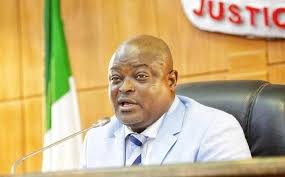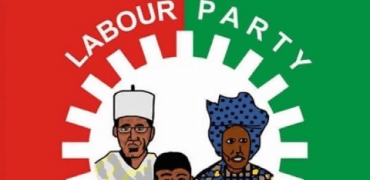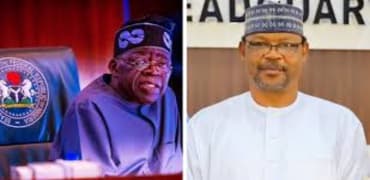Power, Corruption, and Fallout: Why Lagos Lawmakers Sacked Speaker Obasa
Power, Corruption, and Fallout: Why Lagos Lawmakers Sacked Speaker Obasa
By Achimi muktar
In a dramatic political shakeup, Mudashiru Obasa, the long-serving Speaker of the Lagos State House of Assembly, has been impeached amid allegations of gross misconduct, misappropriation of funds, and abuse of office. The move, widely seen as a bid to restore ethical governance, has sent shockwaves through Lagos politics and raised questions about the balance of power in the state.
The Breaking Point
Obasa’s impeachment on Monday came after months of tension within the Assembly. Lawmakers, led by Abiodun Tobun of Epe Constituency 1, described the decision as a unanimous resolution to “change the leadership of the House” and uphold the Assembly’s integrity.
Femi Saheed of Kosofe Constituency, who moved the motion for Obasa’s removal, did not mince words in detailing the accusations. “Gross misconduct, poor leadership, highhandedness, intimidation of members, and mismanagement of funds—these are just a few of the reasons for this decision,” Saheed stated during the plenary session, presided over by Deputy Speaker-turned-new Speaker Mojisola Meranda.
Saheed further accused Obasa of fostering an authoritarian and undemocratic leadership style, suppressing dissent among lawmakers, and inciting division within the Assembly.
Allegations of Corruption
Obasa’s tenure has been marred by repeated allegations of financial impropriety. Most recently, he faced claims of spending an eye-watering ₦17 billion to construct a gate for the Assembly—an accusation he dismissed as “spurious and funny.”
“It is laughable. How much is the Assembly’s total allocation for a year? Such allegations are clearly politically motivated,” Obasa said in a December statement, deflecting blame to unnamed political adversaries ahead of the 2027 elections.
Despite his denials, the Lagos State Anti-Corruption Coalition has called for a deeper probe into the Assembly’s financial activities, highlighting the lack of transparency in the state’s governance. Lagos remains one of the states challenging the Freedom of Information Act, further fueling public skepticism.
Power Struggles and Political Undercurrents
Obasa’s impeachment has also reignited speculation about a power tussle with Governor Babajide Sanwo-Olu, who wields significant influence in state politics. While state legislatures are constitutionally independent, critics argue that many Assemblies, including Lagos’s, operate under the shadow of their governors.
This dynamic was evident in the swift appointment of Mojisola Meranda as Speaker, signaling a possible shift in loyalty within the House.
The Road Ahead
Obasa’s removal marks the end of an era for the Agege Constituency 1 representative, who has held the Speaker’s gavel since 2015. However, the exact number of lawmakers present during the decisive plenary session remains unclear, adding another layer of intrigue to an already charged political drama.
As Lagosians grapple with the implications of Obasa’s ousting, questions remain about the Assembly’s commitment to transparency and accountability. Will this bold move usher in a new era of legislative ethics, or is it merely a reshuffling of political allegiances?
For now, the spotlight remains firmly fixed on the Lagos Assembly, as citizens and political observers alike await answers to these pressing question


















